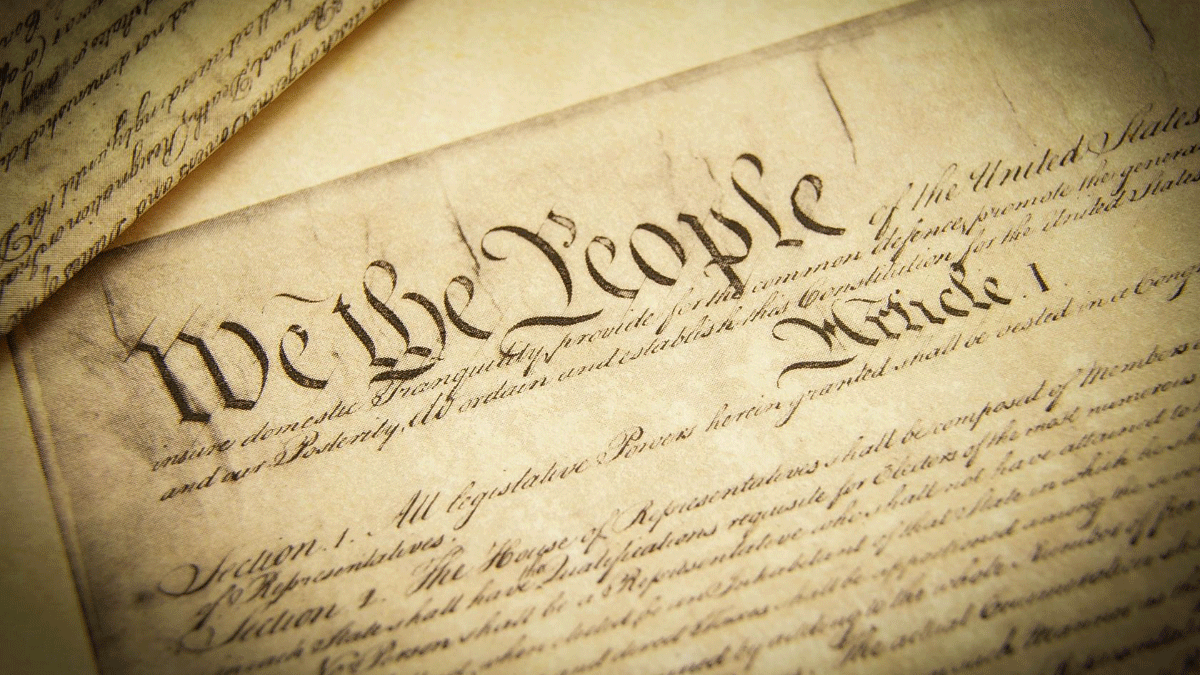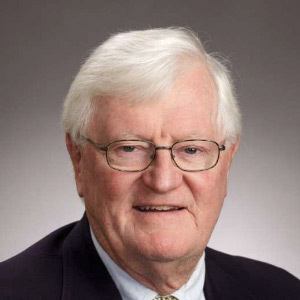The rejection of the First Amendment and free speech is an epidemic spreading even to government.
We read endlessly about the stifling of the First Amendment and free speech on many college campuses—owing to heckler’s veto and threats of violence for certain kinds of political speech. But this rejection is not limited to higher education; it’s spreading to other generic fields of education. Even worse, it’s a censorship that’s promoting ignorance over knowledge.
I’m referring here to the Texas Open Meetings Act. The act is a good, well-intended act that needs to be revised so as to enable the First Amendment and free speech—that is, education. The act requires that public business be conducted at all times in public. As a trustee at Lone Star College I am required to comply with TOMA at all times. I have found that following the act sometimes promotes ignorance over knowledge.
I cite two examples. When the college received the transgender bathroom directive from the Departments of Education and Justice, we were told that failure to comply with the directive would mean the loss of federal funds. I wanted to know as a trustee what the constitutional issues of the directive might be. The directive focused solely on compliance with the equal protection clause of the 14th Amendment. But I suspected there could be other constitutional issues with act.
So I contacted fellow trustee Kyle Scott who is an expert on the Constitution, has written on it, and conducts a class on the Constitution at the University of Houston. I was contacting Kyle to gain knowledge, to pick his brain—not to tell him how to vote if and when the issue comes to the Board for action, nor for Kyle to tell me how to vote. This was not a “walking quorum.”
We trustees, though, had been warned that when even at a social function we should not discuss college business ever. That restriction—censorship—is utter nonsense. It says, “Remain ignorant.”
As we later learned, the transgender bathroom directive also involves the First Amendment (religious freedom and freedom peaceably to assemble), the 4th Amendment (right to privacy) and the necessary and proper clause of the Constitution, which requires that all laws issue from Congress, not from the Departments of Education and Justice.
Another example illustrates TOMA’s promotion of ignorance over knowledge. During our public hearings at Board meetings, anyone in the room can address the Board on any issue. One angry man came frequently to accuse the Board of flagrant racism against Hispanics. We as Board members could not respond; we had to sit there like dummies unable to respond to false charges. Why? Because TOMA requires that any discussion of such issues must be posted on the public agenda made available one week in advance of the Board meeting. Now, to be honest, such a restriction, such an inability to respond at the time was just plain idiotic. Censorship indeed. Free speech for thee, but not for me. We could put the issue on the agenda for a discussion a month later, but who would care then? The press already had its sensational story.
When we prohibit speakers from speaking on campus, and when we prohibit trustees from sharing knowledge or defending ourselves from racism, we have entered George Orwell’s l984 34 years later.
The constitutionality of TOMA is in the courts now, with famed attorney Rusty Hardin arguing that a key section of the act is unconstitutional. Free speech is the life blood of a free society. Let’s find a way to guarantee transparency in government without restricting the First Amendment.








